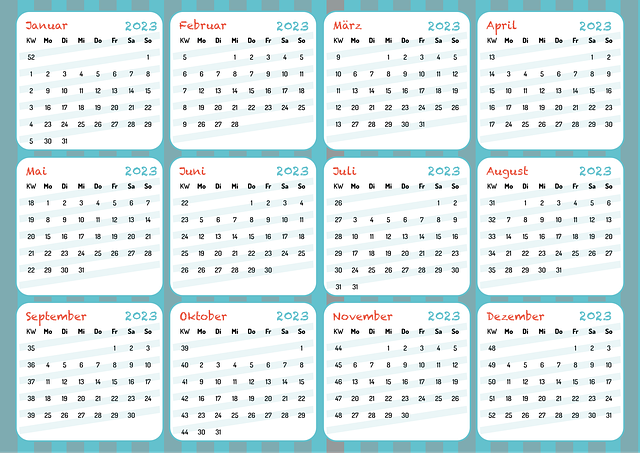Event Planning for Local Businesses demands a balanced approach, merging memorable experiences with community connections. This involves understanding regional preferences, leveraging local resources and technology, and creating engaging strategies through interactive elements, digital tools, and strategic planning. Measuring success through clear goals and analysis guides future events, ensuring relevancy, engagement, and overall business growth.
Local businesses thrive on community engagement. Effective event planning can transform ordinary gatherings into powerful marketing tools. This guide navigates the process, from understanding unique business needs and crafting compelling strategies to measuring success and anticipating future trends. By implementing these principles, local businesses can host events that foster connections, boost brand visibility, and drive growth in their communities.
- Understanding Local Business Event Needs
- Crafting an Engaging Event Strategy
- Measuring Success and Planning Ahead
Understanding Local Business Event Needs

Local businesses, like any other organization, have unique event planning requirements that are deeply rooted in their specific goals and target audiences. When crafting an event strategy, understanding these needs is paramount. Event Planning for Local Businesses involves a careful balance between creating memorable experiences for customers and fostering meaningful connections within the local community.
This means tailoring events to resonate with regional interests, leveraging local talent and resources, and integrating technology in ways that enhance engagement without overwhelming attendees. By recognizing and addressing these nuances, event organizers can transform gatherings into powerful platforms for brand exposure, customer loyalty building, and even community development.
Crafting an Engaging Event Strategy

Crafting an engaging event strategy is a cornerstone of successful event planning for local businesses. It begins with understanding your target audience, aligning objectives with their interests, and setting measurable goals. By integrating interactive elements, such as workshops, demonstrations, or networking sessions, you create a dynamic atmosphere that fosters engagement and builds community.
Effective event strategies also leverage technology to enhance the experience. Utilizing social media, email marketing, and targeted online ads ensures your event reaches the right audience. Incorporating digital tools for registration, virtual components for remote participants, and real-time analytics allows for seamless management and insightful post-event analysis, ultimately driving better outcomes for local businesses.
Measuring Success and Planning Ahead

Measuring success is a vital part of event planning for local businesses, providing invaluable insights that inform future strategies. By setting clear goals and establishing quantifiable metrics, business owners can accurately assess the impact of their events on key areas such as brand awareness, customer engagement, and sales. Simple yet effective methods include tracking attendance numbers, collecting feedback from attendees, and analyzing sales data both before and after the event to gauge its contribution to overall business growth.
Planning ahead is equally crucial for sustained success in event planning for local businesses. The strategic approach involves creating a comprehensive calendar of events that aligns with broader marketing goals and seasonal trends. This forward-thinking strategy allows for better resource allocation, more creative themes, and opportunities to build anticipation among target audiences. By staying organized and adaptable, local businesses can ensure their events remain engaging, relevant, and ultimately, successful.
Strategic event planning is a powerful tool for local businesses to engage their communities, foster relationships, and drive growth. By understanding specific needs, crafting innovative strategies, and measuring success, business owners can elevate their brand presence and create memorable experiences. Event planning for local businesses isn’t just about organising gatherings; it’s about building connections that contribute to the vibrancy of the local economy.
